
The What and Why of Empathy in Games
Intellectual understanding is often not enough to prompt action. It seems we need emotional’tools’ for that. Empathy is often cited as chief among these. […]

Intellectual understanding is often not enough to prompt action. It seems we need emotional’tools’ for that. Empathy is often cited as chief among these. […]
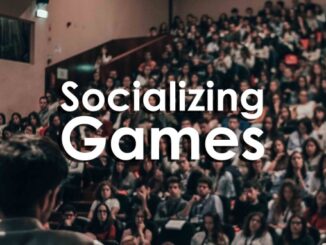
Rarely are games alone the catalyst for students reaching their learning outcomes. How do players use, play, and develop from a socialized gaming environment? […]

The key, according to many experts is to allow self-directed activity – and not to act as some kind of entertainments manager for your kids. […]
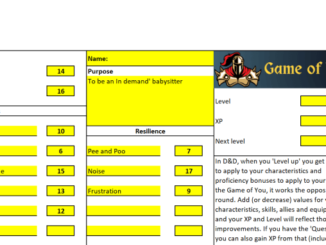
In (the game of) real life you play your ‘Employee’ character, but also ‘Parent’ or ‘Ska Drummer’ characters, each with different ‘stats’, skills, and allies. […]

GBL is a Constructivist approach in that gives learners tools to construct their own learning, usually through ‘solving’ some kind of central problem. […]
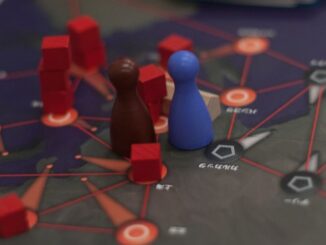
Bespoke learning game design fits your learning outcomes precisely, but can be costly. An off the shelf game can be a cost effective and high value alternative. […]

This is design itself as a form of play, and there is just one simple rule that you need to follow to make ‘speculative’ design like this work to a brief. […]
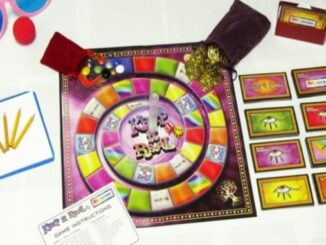
I never consciously decided to create games. My first creation, the Keep It Real game came to me, almost as if in a visitation […]
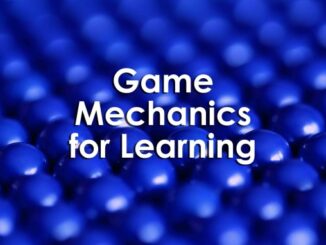
How do educators use game mechanics for teaching and learning? How can students benefit from game mechanics through games-based learning? […]
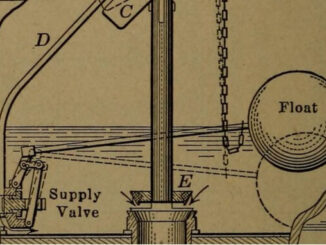
The WC tells us that excrement is waste, for which the solution is disposal. The way many adults view Play shares characteristics of the water closet mindset. […]

Yomi is a Japanese term meaning “Knowing the mind of the opponent”. It uses knowledge of the game and the opponent’s options to discern their most likely move. […]
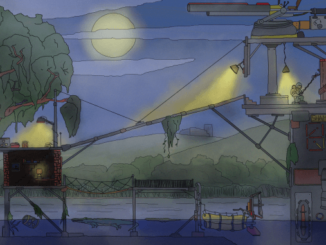
As a high school teacher, I’ve always wondered what to do to make math and physics exercises more appealing for students. Can a 2D RPG help? […]

The idea is to give a challenge that will be interesting, but not too time-consuming, to get creative juices flowing, and make games design a regular practice. […]
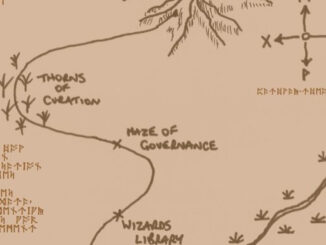
One way for games to have a real impact on people’s development is the use of tabletop role-playing games, particularly Dungeons & Dragons, for therapy. […]
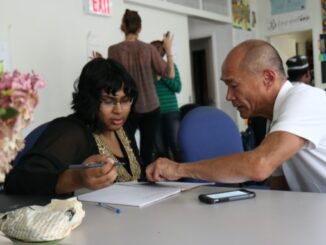
What might an Andragogical game (based on Knowles principles) look like, and what existing examples can be drawn upon for inspiration? […]
Ludogogy 2025